Hello there! If you're anything like me, you believe books are more than just stories; they're portals to different ways of thinking, invitations to question the status quo, and sometimes, a gentle (or not-so-gentle) nudge out of our comfortable assumptions.
I vividly remember reading Barbara Ehrenreich's Nickel and Dimed years ago. Before that, I think I held a fairly simplistic view, common in many circles, that financial struggle was primarily a result of individual choices or lack of effort. But putting myself in her undercover experience working low-wage jobs across America completely dismantled that easy assumption for me. It was the day-to-day reality she described, the sheer difficulty of getting ahead despite working incredibly hard. It didn't provide all the answers, of course, but it powerfully challenged my perspective and made me realize how much I didn't know about the structural barriers many people face.
In my opinion, the most rewarding reading experiences are often the ones, like that one, that challenge what I thought I knew. It’s so easy to get stuck in our own little bubbles, hearing the same ideas echoed back at us. That experience really cemented for me why seeking out these perspective-shifting books is so crucial. That's why I've put together this list – a collection of books that, in my experience, have genuinely pushed my thinking and offered fresh perspectives on society, work, economics, success, and our relationship with the world around us.
Get ready to have your beliefs delightfully challenged!
What Are These Thought-Provoking Books That Challenge Beliefs?
The Self-Help Circus, by Kevin L. Whitworth (2025)
Okay, I have to admit, I've occasionally fallen down the self-help rabbit hole myself. There's this constant barrage telling us we need fixing, optimizing, or hacking to be happy or successful. That's why The Self-Help Circus felt like such a necessary read for me. Whitworth uses humor and a good dose of reality to question that entire industry.
I think his core message – that maybe, just maybe, you're not actually broken – is revolutionary in its simplicity. Reading his witty take felt like getting permission to step off the hamster wheel of constant self-improvement and just be. It challenged my own ingrained beliefs about productivity needing to be pushed to the max and reminded me that sometimes, just living life is enough. It's a refreshing antidote to the “just manifest it” culture.
Bullshit Jobs, by David Graeber (2019)
This book's title alone is provocative, right? But Graeber's exploration goes deep. He asks a question I think many of us have secretly pondered: does my job actually contribute anything meaningful? Graeber argues that a surprising number of modern jobs are essentially pointless, and that the people doing them often know it.
Reading this made me seriously reflect on our society's definition of valuable work. Why do certain roles get prestige and high salaries while others, often focused on care or creation, are undervalued? It challenged my assumptions about the inherent worth of different professions and the structure of our modern work life. It's a powerful critique that, in my opinion, opens up essential conversations about what we truly value.
Doughnut Economics, by Kate Raworth (2017)
I'll be honest, economics often felt like a subject beyond my grasp, filled with complex graphs and jargon. But Kate Raworth completely reframed it for me with Doughnut Economics. She argues compellingly that traditional economics, with its relentless focus on endless growth (usually measured by GDP), is fundamentally flawed and driving inequality and environmental destruction.
Her alternative “doughnut” model – visualizing a sweet spot where human needs are met without overshooting our planet's ecological limits – is brilliant. It's ambitious, yes, but I think it offers a much-needed, hopeful roadmap for the 21st century. This book challenged my acceptance of ‘growth at all costs' as the only economic path forward and made me see the possibility of a more balanced, sustainable system.
The Tyranny of Merit, by Michael J. Sandel (2020)
We live in a society that constantly tells us “you can make it if you try.” But what about the downsides of this meritocratic ideal? Michael Sandel tackles this head-on. I found his exploration of how meritocracy breeds arrogance in the “winners” and harsh judgment on the “losers” incredibly insightful, especially in understanding today's polarized world.
Sandel challenges the belief that success is solely down to individual effort, forcing a look at the role of luck and circumstance. He argues for humility and solidarity, questioning the very definition of a “just” society. This book pushed me to think critically about fairness, success, and the kind of society I want to live in. It’s a profound look at the ethical dimensions of achievement.
Braiding Sweetgrass, by Robin Wall Kimmerer (2013)
This book is pure magic, in my opinion. Robin Wall Kimmerer weaves together her knowledge as a botanist with her perspective as a member of the Citizen Potawatomi Nation, and the result is breathtaking. She invites us to see the natural world not just as a resource to be studied or exploited, but as a community of teachers offering gifts and lessons.
Braiding Sweetgrass fundamentally challenged my purely scientific or utilitarian view of nature. Kimmerer speaks of a “reciprocal relationship” with the living world, urging an awakening of ecological consciousness through gratitude and respect. Reading her reflections on everything from strawberries to salamanders shifted my perspective, making me feel more connected to the Earth and more aware of the wisdom held within Indigenous knowledge systems. It's a truly beautiful and perspective-altering read.
Final Thoughts
For me, reading is one of the best ways to stretch my mind and see the world through different eyes. These five books certainly did that! They question assumptions many of us take for granted about self-worth, work, our economic systems, the nature of success, and our place in the wider web of life. I think diving into books that challenge popular beliefs isn't always comfortable, but it's incredibly rewarding. It opens the door to new ideas, deeper understanding, and maybe even a different way of moving through the world. I hope you'll consider picking one up and letting it make you think differently, too! Happy reading!
If you are looking for more check out our mind bending book list.
My profession is online marketing and development (10+ years experience), check my latest mobile app called Upcoming or my Chrome extensions for ChatGPT. But my real passion is reading books both fiction and non-fiction. I have several favorite authors like James Redfield or Daniel Keyes. If I read a book I always want to find the best part of it, every book has its unique value.

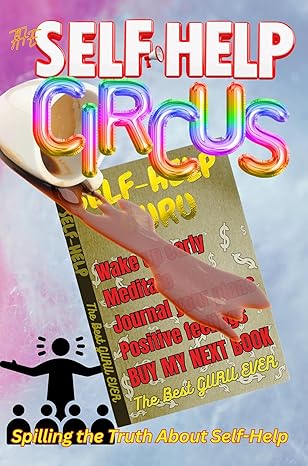










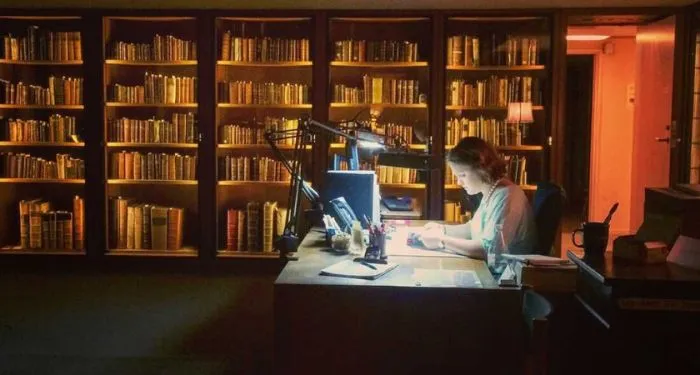
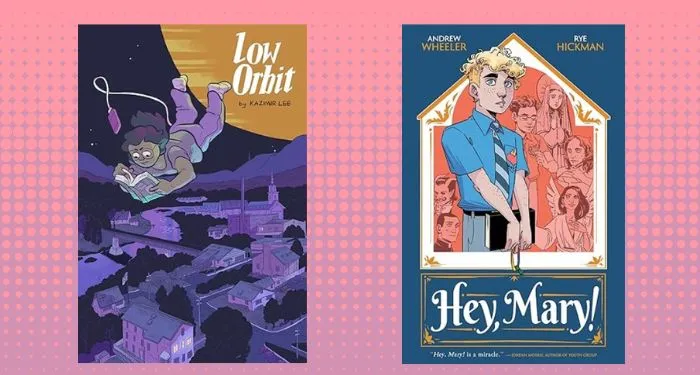


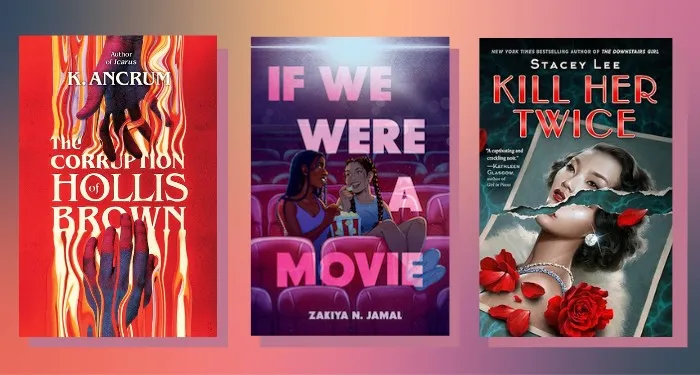
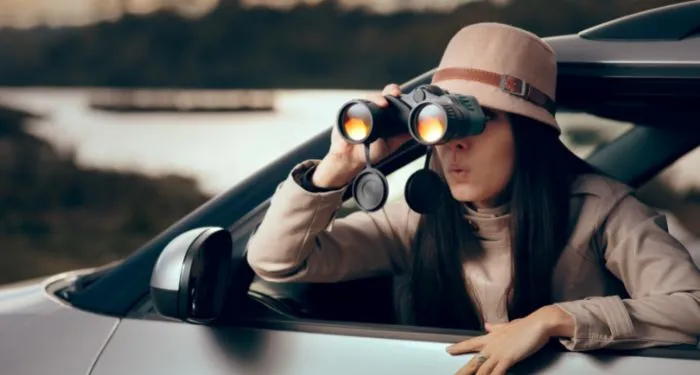


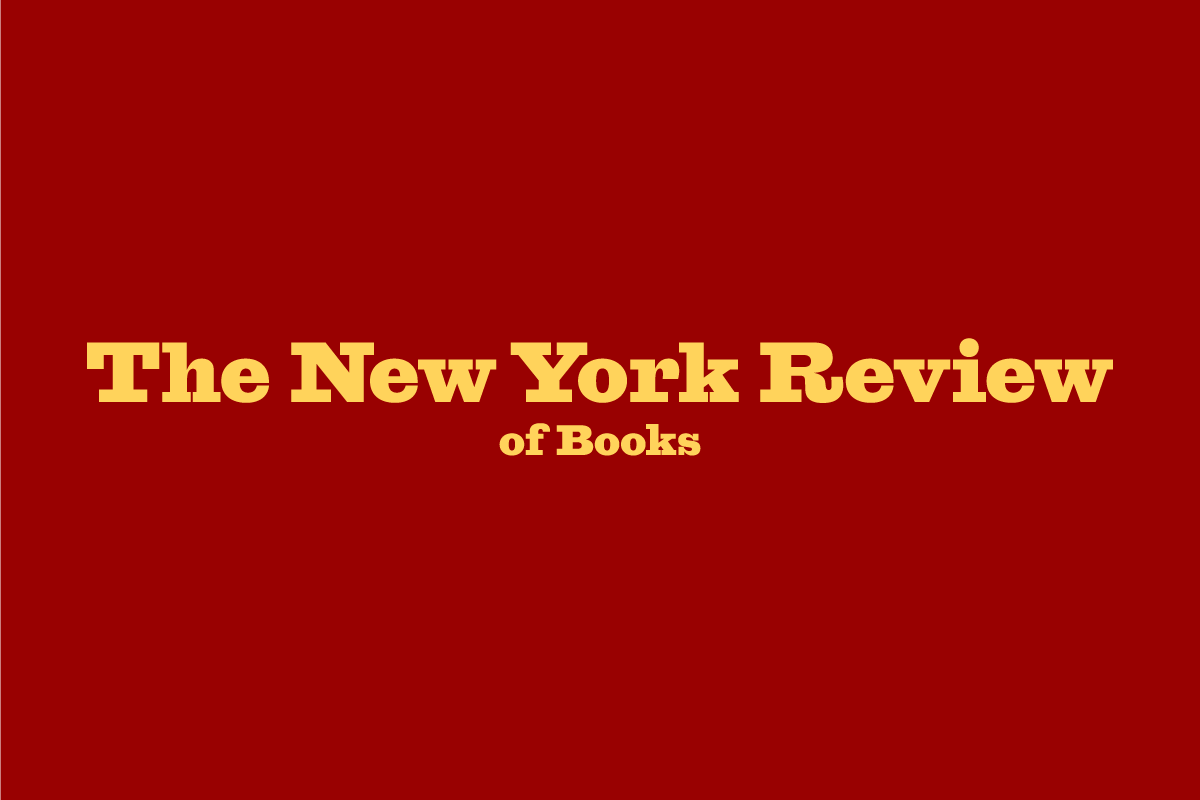



 English (US) ·
English (US) ·